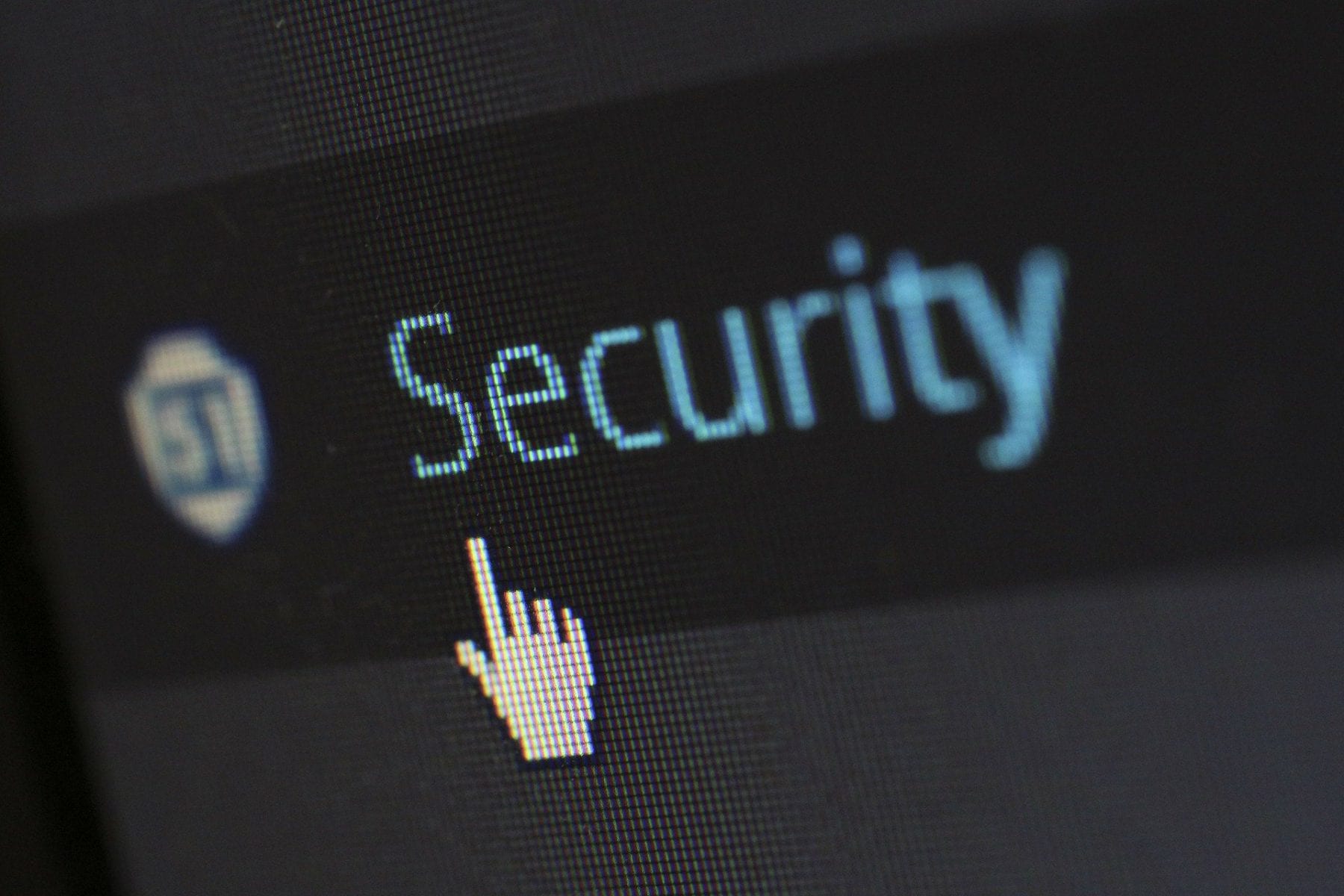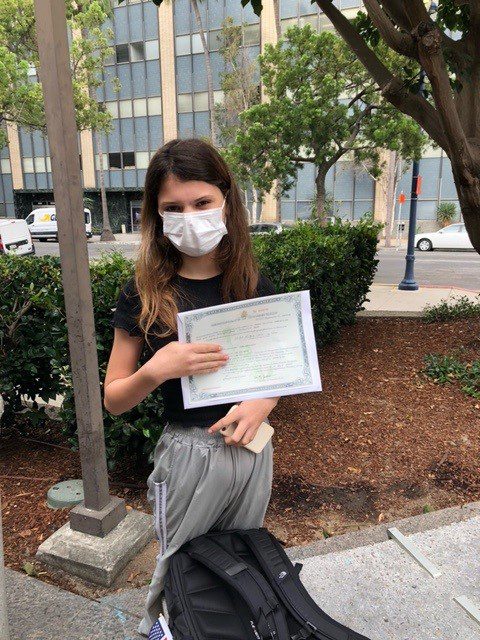As already mentioned in the first part of this article, there are three kinds of security checks affecting nonimmigrant visa processing:
- Visa Condor – Heightened Security Checks
- Visa Mantis – Technology Alert List
- NCIC Criminal Database Check
This article will discuss the Technology Alert List (TAL), and will offer suggestions on what visa applicants can do to make their visa application process smoother.
What is the Technology Alert List?
Current Technology Alert List (TAL) was created by U.S. federal government in 2000 providing a guideline for consular officials to usage when reviewing visa applications. According to the U.S. State Department 2003 update cable, “Use of Technology Alert List” (UNCLAS STATE 147566), the increasing sophistication of off-the-shelf technology, dual-use technologies (i.e., technologies with both commercial and military applications), allegations of lack of sufficient information about and controls on foreign students in the U.S., recent and ongoing tensions in the Middle East, and the September 11, 2001 terrorist attacks have combined to renewed concern among law enforcement and intelligence communities controlling U.S.-origin goods and information are vulnerable to theft.
The purpose of the TAL is to preventing exportation of “goods, technology, or sensitive information” to potential terrorists through activities such as “graduate-level studies, teaching, conducting research, participating in exchange programs, receiving training or employment,” etc.
The first part of the TAL includes a “Critical Fields List” of major means of transferring technologies. This list is used to assist in the effort to prevent sensitive material or technology from ending up in the wrong hands. The critical fields include: conventional munitions; nuclear technology; rocket systems; rocket system and unmanned air vehicle (UAV) subsystems; navigation, avionics and flight control useable in rocket systems and unmanned air vehicles (UAV); chemical, biotechnology and biomedical engineering; remote sensing, imaging, and reconnaissance; advanced computer/microelectronic technology; materials technology; information security; laser and directed energy systems technology; sensors and sensor technology; marine technology; robotics; and urban planning (including architecture, design and civil engineering).
The second part of TAL includes the State Department list of designated State Sponsors of Terrorism mentioned in Part 1 of this article. Among countries listed are Cuba, Iran, Iraq, Libya, North Korea, Sudan and Syria. However, as of this writing, only Cuba, Iran, Sudan and Syria are on the State Department’s list of State Sponsors of Terrorism.
TAL Impact Foreign Nationals
Section 212(a)(3)(a) of US Immigration and Nationality Act (INA) states that any person applying for a visa, or seeking admission to the United States, is inadmissible to the U.S. if there is reason to believe that he or she is seeking to enter the U.S. in an attempt to “violate or evade any law prohibiting the export from the United States of goods, technology, or sensitive information[.]” Consequently, when a foreign national applies for a nonimmigrant visa at a U.S. Embassy or Consulate, the Consular Officer may check to see whether the applicant is involved in any dual-use technologies that are on the TAL’s Critical Fields List. If the Consular Officer’s examination raises the possibility of an applicant’s ineligibility pursuant to INA Section 212(a)(3)(a), then the Consular Officer must submit a security advisory opinion (SAO) in the form of a Visa Mantis check.
Am I Subject to the TAL?
Restrictions on the export of controlled goods, technology, and sensitive information apply to scientific and technical visitors from all countries, but it is important to note that SAOs are not mandatory for all such visitors seeking to engage in one of the critical fields.[1] The State Department Cable advises Consular Officers to first determine whether an applicant proposes to engage in advanced (doctoral, postdoctoral or research scholar) research or studies or business activities involving any of the critical fields. Information that is in the public domain (i.e., widely available to the public) and information presented as part of an academic course are not generally controlled for U.S. technology transfer purposes.
According to the State Department Cable, if the applicant’s planned activities in the U.S. raise questions or possible ineligibility under INA Section 212(a)(3)(a), then consular officers are required to submit an SAO in the form of a Visa Mantis check. Encountering doubt, consular officers are also instructed to submit an SAO. Consular officers may only issue a visa when they believe that Section 212(a)(3)(a) clearly does not apply. Consequently, it appears that most research scientists, physicians, and engineers involved in any of the critical fields of the private industry, educational institutions, and research laboratories will likely be subject to an SAO due to consular officers exercising caution.
How Can I Minimize Visa Processing Delays?
If you work or study in a sensitive scientific or technical field, your visa application may be subject to additional administrative processing. According to Jennifer McAndrew, Vice Consul of the U.S. Embassy in Tel Aviv, this processing, on average, takes approximately 3-4 weeks to complete, and might take longer. There is no way to expedite this process, so non-refundable flight reservations or other travel plans should not be finalized until after you have received your visa.
At a September 6, 2011 meeting sponsored by the Israel-America Chamber of Commerce, Ms. McAndrew provided some advice to visa applicants subject to TAL Mantis checks. She noted that applicants presenting detailed information at the visa interview can assist consular officers begin processing their cases right away. Otherwise, the consular officers must wait until the necessary information is submitted as additional processing cannot begin until the post receives that information.
Therefore, if you are involved in any activities that have potential dual use applications, you should bring as much of the following documentation to your visa interview:
- A detailed description of your current business, research or study program interests.
- Information about your current position and location of current work (including address and phone number).
- Letter from your employer detailing the nature of the work and specific job duties, project descriptions and information showing how the work has no possible military applications.
- Complete CV/resume.
- International travel history for the past 10 years (including names of countries and years visited).
- Travel itinerary for current trip.
- Letter of invitation, including the address, website, and contact information of the company and/or institution that you intend to visit in the United States.
- The point of contact at the company and/or institution.
- Details about the business, research or studies that you plan to conduct in the United States.
- Details about the source of funding for the trip.
- Location and manner in which you will use the goods or knowledge acquired in the United States.
- Complete list of your publications, if any.
- Letter of invitation from the U.S. sponsor (if applicable).
- Details about the conference(s) you plan to attend.
- Conference registration confirmation (if available).
- Documentation showing that the information is in the public domain.
- Documentation showing that the information can be found in academic courses.
- Documentation to show that the Department of Commerce has determined that the technology involved is not a “sensitive” technology and an export license is not required.
- Export license numbers covering the activity, if relevant.
Providing consular officers with as much information as needed, up front, can significantly reduce delays in visa processing times and will render the visa application process a much smoother one.
[1] However, an SAO is mandatory in all cases of applicants bearing passports of, or employed by, countries designated as State Sponsors of Terrorism who seek to engage in activities involving one of the critical fields. In addition, applicants from non-proliferation export control countries including China, India, Israel, Pakistan and Russia have experienced an increase in delays due to TAL security checks.
All said and explained in this article does not constitute a legal opinion and does not replace legal advice. Responsibility for using the wordings and opinions conveyed in this article relies solely and entirely on the reader.
This article was written by Dotan Cohen Law Offices, working in the field of immigration law in the United States, Canada, Australia and England.




